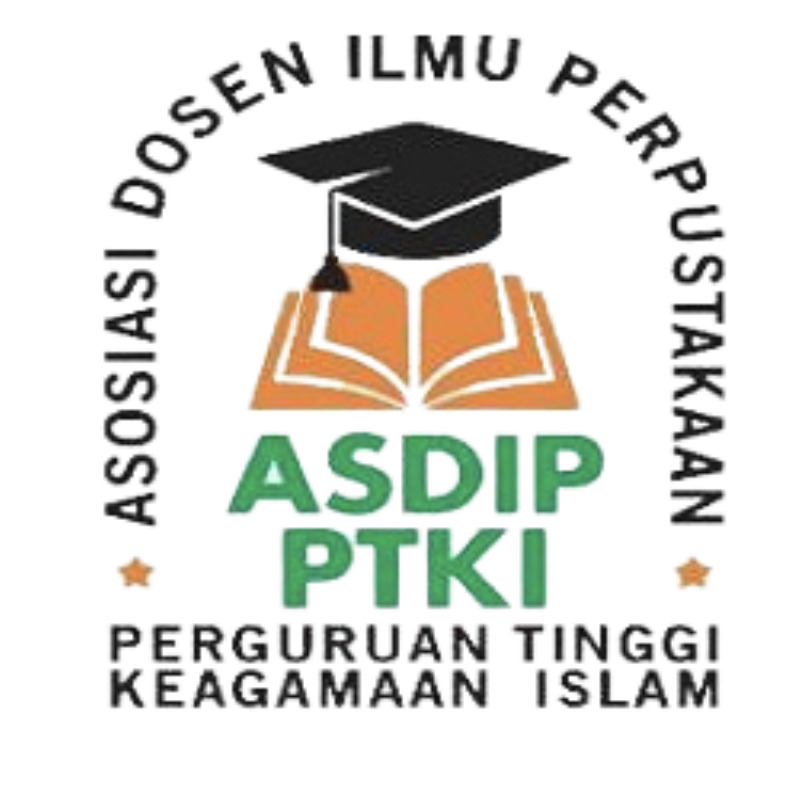Keterampilan Literasi Informasi di Era Digital Berdasarkan Model The Big 6
DOI:
https://doi.org/10.29240/tik.v7i1.6128Keywords:
Information Needs, Information Literacy, Digital EraAbstract
The need for information in the digital era is increasing because information is easier to access anytime and anywhere. Efforts that must be applied in order to obtain quality information and as needed, namely by having information literacy skills. Information literacy is the ability to respond and meet information needs. By understanding information literacy, it is expected that the public can receive precise and accurate information. The purpose of this study is to discuss the skills and methods of searching for information needed by each individual. This research uses a type of qualitative research with a descriptive approach supported by literature review in accordance with the topic of this article, namely from books and scientific articles. The result of the discussion of this article is that there is some information on literacy skills models that can be utilized by individuals, as discussed in this article is the Big 6 model which is often used in research, employment, education and others. While the information search technique that can be used easily is the Boolean method.
Downloads
References
Aguiar, L., & Waldfogel, J. (2018). JRC Digital Economy Working Paper 2018-04 Platforms , Promotion , and Product Discovery : Evidence from Spotify Playlists. NBER working paper, May.
Ahmad, S., & Hajiri, M. I. (2017). Perilaku Pencarian Informasi (Information Seeking Behaviour) Guru Besar Iain Antasari Banjarmasi. Pustaka Karya, 5(9), 7.
Ajie, M. D. (2015). Teknik Temu Balik Informasi (Information Retrieval) dan Analisa Kapabilitas Pencarian Search Engine Google (www.google.com). UPI.edu, 1–16.
Ati, S. (2014). Dasar-Dasar Informasi (Edisi 2). Universitas Terbuka.
Campbell, P. (2013). Looking for Information: A Survey of Research on Information Seeking, Needs, and Behavior. In Library Management (Vol. 34, Nomor 3).
Damaiyanti, C. (2015). Pemenuhan Kebutuhan Informasi Pemustaka Nonkaryawan Di Perpustakaan Bank Indonesia Semarang. Jurnal Ilmu Perpustakaan, 4.
Gunawan, I. (2013). Metode Penelitian Kualitatif. Bumi Aksara.
Machmud, M. (2012). Perkembangan Teknologi dalam Industri Media. Jurnal Teknik Industri, 12(1), 57–64. https://doi.org/10.22219/jtiumm.vol12.no1.57-64
Nurmayanti, L. (2021). Upaya Perpustakaan Dalam pemenuhan Kebutuhan Informasi Pada Era Digital Di Dinas Perpustakaan Dan Kearsipan Kabupaten Lombok Timur. Universitas Muhammadiyah Mataram.
P Thomas, N. (2015). Information Literacy Initiatives In Higher Education: Origins, Options And Observations. emeraldinsight, Vol. 21, 264.
Romadhona, E. R., Studi, P., Guru, P., Dasar, S., Keguruan, F., Ilmu, D. A. N., & Surakarta, U. M. (2019). Peranan Guru Dalam Pengembangan Literasi.
Septiyantono, T. (2014). Literasi Informasi (Edisi. 1). Universitas Terbuka.
Soetiminah. (1992). Perpustakaan, Kepustakawanan dan Pustakawan. Kanisius.
Utomo, T. P. (2020). Literasi Informasi di Era Digital. Buletin Perpustakaan Universitas Islam Indonesia, 3(1)(0), 61–82.
Utomo, T. P. (2022). Optimalisasi Media Sosial Untuk Pemasaran Perpustakaan Perguruan Tinggi. Buletin Perpustakaan Universitas Islam Indonesia, 5(1), 99–133.
Widiyastuti. (2016). Perbandingan Teori Perilaku Pencarian Informasi Menurut Ellis, Wilson dan Kuhlthau. Jurnal Pustaka Budaya, 3(2), 51–64.
Utomo, T. P. (2020). Literasi Informasi di Era Digital. Buletin Perpustakaan Universitas Islam Indonesia, 3(1)(0), 61–82.
Utomo, T. P. (2022). Optimalisasi Media Sosial Untuk Pemasaran Perpustakaan Perguruan Tinggi. Buletin Perpustakaan Universitas Islam Indonesia, 5(1), 99–133.
Zed, M. (2014). Metode Penelitian Kepustakaan. Yayasan Pustaka Obor Indonesia.
Downloads
Published
Issue
Section
Citation Check
License
Authors who publish with Tik Ilmeu : Jurnal Ilmu Perpustakaan dan Informasi agree to the following terms:
- Authors retain copyright and grant the journal right of first publication with the work simultaneously licensed under a Creative Commons Attribution-NonCommercial-ShareAlike 4.0 International License (CC BY-NC-SA 4.0) that allows others to share the work with an acknowledgment of the work's authorship and initial publication in this journal.
- Authors are able to enter into separate, additional contractual arrangements for the non-exclusive distribution of the journal's published version of the work (e.g., post it to an institutional repository or publish it in a book), with an acknowledgment of its initial publication in this journal.
- Authors are permitted and encouraged to post their work online (e.g., in institutional repositories or on their website) prior to and during the submission process, as it can lead to productive exchanges, as well as earlier and greater citation of published work (See The Effect of Open Access).







 This work is licensed under a
This work is licensed under a 